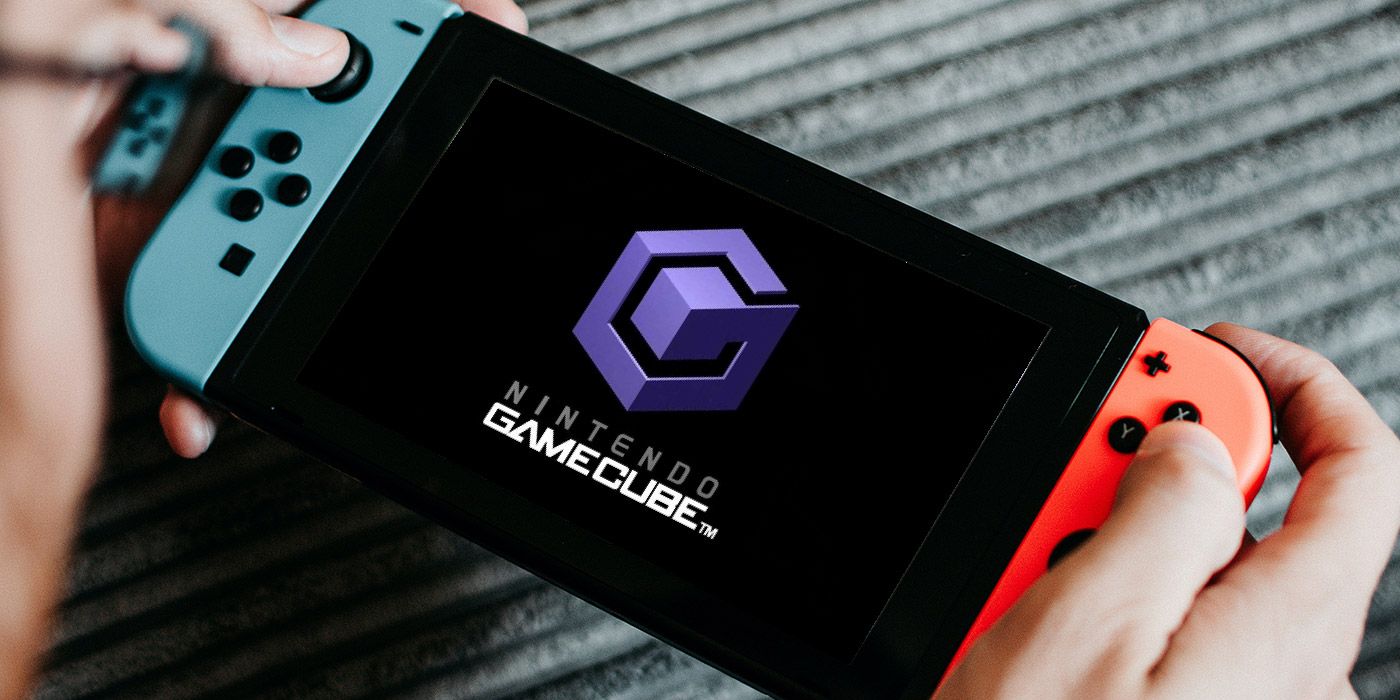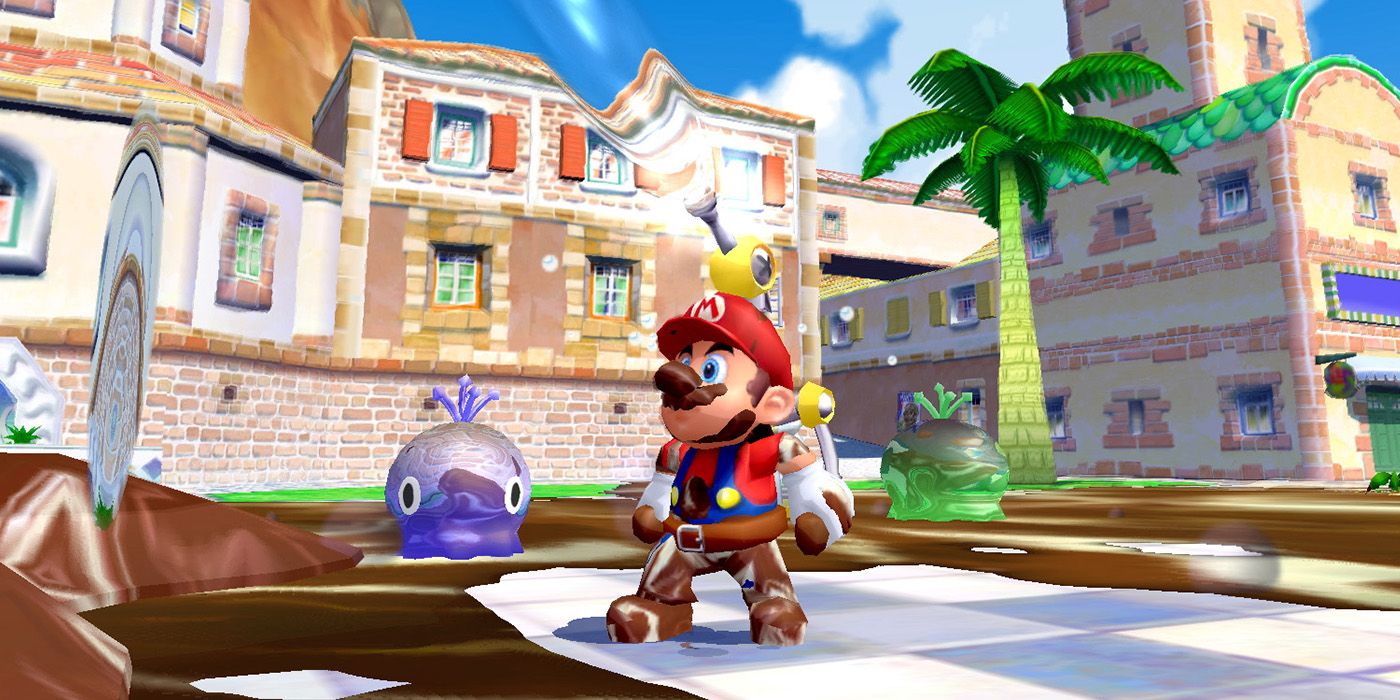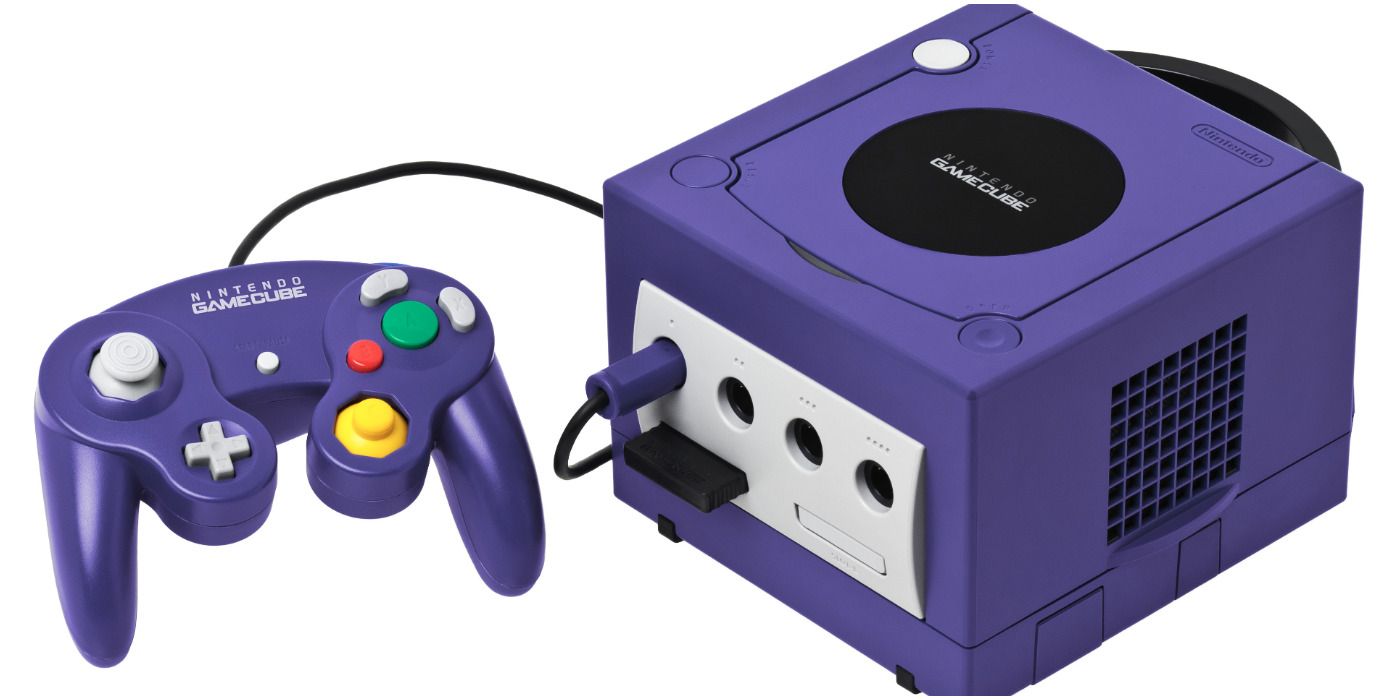Nintendo's last few consoles emphasized some of the best examples of backwards compatibility in the gaming industry. Virtual Console on the Wii/Wii U brought back numerous classic titles to from the NES, SNES, N64, Game Boy Advance, and Nintendo DS. However when the Nintendo Switch released, the existing Virtual Console system did not come with its latest console, instead opting for a new subscription-based system with Nintendo Switch Online. While Switch Online only brought NES/SNES classics to Nintendo's latest console, the recent release of Super Mario 3D All-Stars proves that GameCube games can run on the Switch just as well.
Granted that is a stretch, since Super Mario Sunshine is running via proprietary emulation rather than a native port, but that doesn't bar additional emulated games. Even if the GameCube wasn't necessarily Nintendo's most successful console, there's still a wealth of games from that era of Nintendo that could see new life on Switch. Some of the best Metroid, Fire Emblem, Super Smash Bros., and The Legend of Zelda games came from the GameCube, many of which still hold great acclaim to this day. For a company like Nintendo, that's always treated backwards compatibility as a valuable part of every console, GameCube games seem like the next logical step.
Super Mario Sunshine (So Far) is the Only Evidence of GameCube On Switch
Nobody is questioning whether or not the Switch can run GameCube games, because the hardware certainly can, but emulation is a different story. Porting legacy games to new hardware certainly isn't easy, which is why The Legend of Zelda: The Wind Waker and Twilight Princess remasters released a few years apart on the Wii U. Emulation can be sort of a catch-all for GameCube games, because the process is designed quite literally. "Emulation" itself acts more as a translation of previous hardware protocols and code on the fly without requiring the game itself to be modified, whereas ports involve modifying code in the game itself to adhere to the new hardware.
This is largely why many fans saw Super Mario Sunshine's use of a proprietary GameCube emulator, rather than being natively ported, as a sign for more. If Super Mario 3D All-Stars' inclusion of Sunshine was just going to be a one-off, spending more time on a port would've made sense in a vacuum. Then again, 3D All-Stars had an anniversary deadline to adhere to, perhaps utilizing an emulator was quicker to develop for the collection. Despite this, developing a proprietary emulator just to play one GameCube game wouldn't make sense unless more were coming. That being said, Sunshine does mark the first GameCube game available on a modern Nintendo system.
The Next Logical Step for Backwards Compatibility on Switch
Previous Nintendo consoles only got as far as the Nintendo 64 (in terms of household consoles, not handhelds) for backwards compatibility on Virtual Console. Nintendo Switch could be the first console to feature a Virtual Console-esque offering for GameCube games, which would be huge. There's still plenty of GameCube exclusives that deserve new life on Switch. Many of Nintendo's first-party franchises took some big leaps on the GameCube, including classic games like Super Smash Bros. Melee, Star Fox Assault, Metroid Prime, Pokemon Colosseum and the aforementioned The Wind Waker, many of which haven't been re-released after.
Several of those aforementioned examples also specifically featured graphical leaps as well, experimenting with new art styles on comparatively stronger hardware. While the N64 was the first foray into 3D graphics for Nintendo, the GameCube was where major improvements in fidelity were made. Super Mario Sunshine in 3D All-Stars is a solid example of this, but an even better example for comparison is The Legend of Zelda: The Wind Waker, which was also remastered on Wii U. Many feel that Wind Waker is a shining example of an excellent Zelda game, but the remaster is just an example of how GameCube games can be beautifully remade on next-gen hardware.
Even if 3D All-Stars took a more subtle remastering approach, Super Mario Sunshine still looks and performs quite well compared to the original GameCube version. 60 FPS, higher resolution, not to mention adapting the game to widescreen format for the first time, plenty of other games should receive the same treatment. It's clear Nintendo's proprietary GameCube emulator has a lot of potential for bringing back classic titles, arguably in a more definitive form.



